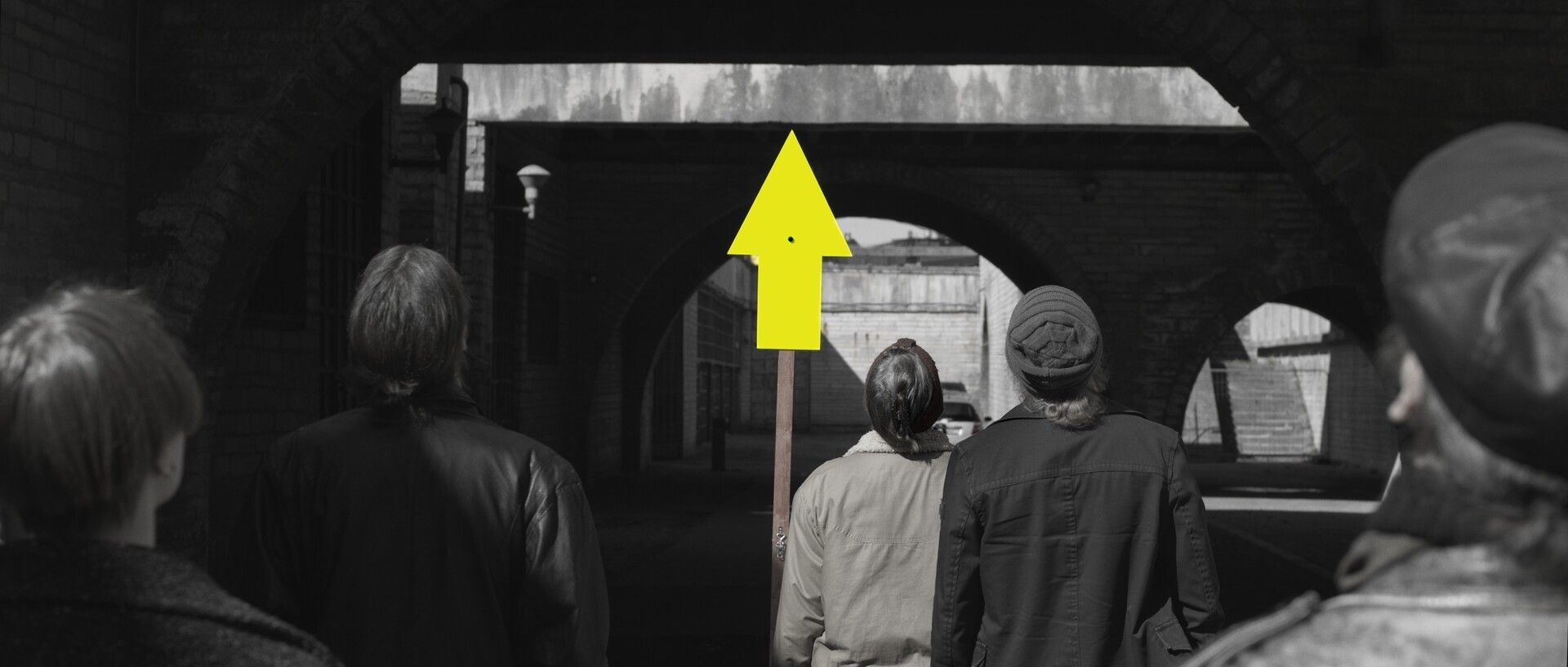
The KinoFF Film Festival is becoming a cherished tradition for Ida-Virumaa, attracting more viewers and fans of festival screenings with each passing year.
Newcomers often ask: How does festival cinema differ from the films that are shown in theaters all year round? After all, there are good films there too... Why go to a festival if you can watch these films later anyway?
Well, it's both yes and no.
The festival program is a concentration of very good films over the days of the festival. The festival selectors gather the best films from all over the world and fight for the right to show premieres by outstanding directors at their festival. The more premieres, the more renowned the directors, the higher the status of the film festival.
Festival films always have a high artistic level, with an element of experimentation with genre, narrative structure, and cinematic language. They may use non-standard filming, editing, and soundtrack techniques.
Festival films often tackle bold themes that have not yet become mainstream. This can include social, political, or moral aspects among different population groups. Such films bring sharp issues into the public space.
But what is especially important – there are no bad films in the festival program! There are films that may not be liked, for various reasons, by a particular viewer.
Films for wide distribution are created with a commercial purpose. To gather more viewers in the halls, authors smooth out stories and use well-known actors to attract attention.
It should also be noted that quite often, the budgets of festival films are more modest than those of big theatrical releases. This very fact allows for experimentation. Whereas big budgets do not provide such an opportunity. Money invested in commercial cinema must return to investors, preferably with interest. Therefore, in big theatrical cinema, there are tested script moves and 100-percent universal jokes that will be understood by audiences from different corners of the planet. The main task of such films is universality!
We're not saying that commercial cinema is bad! No. It's just different cinema, made according to different laws, so let's return to festival films.
Festivals often become the launch pad for independent and low-budget projects, an important link in the process of attracting talented authors from the world of auteur cinema to the creation of large commercial film projects.
Let me tell you one such story.
Young director Greta Gerwig made two coming-of-age films "Lady Bird" in 2017 and "Little Women" in 2019. Both films were nominated for the "Oscar" award in the category "Best Film". For "Lady Bird", Gerwig received an "Oscar" for best direction and best original screenplay, and for "Little Women" — for best adapted screenplay!
And then – big cinema producers took notice of the director, she co-wrote the screenplay and made a film that went around all the cinemas of the world and collected more than one billion dollars! "Barbie" - a film for which viewers prepared special pink outfits and then discussed with friends.
And Greta's journey began with film festivals. As a director and screenwriter, she gained recognition and nominations for her work thanks to their quality and originality.
Class A festivals, which include PÖFF (Black Nights Festival) and KinoFF in Ida-Virumaa, play an important role in shaping the film industry and developing cinema. And the viewers – are a part of this important process. After all, they will be the first audience of these films.
Come to the cinema. Come to the cinema with your family and children. Let your children also become a part of the big festival.
Natalja Matšenene, KinoFF Film Program Manager